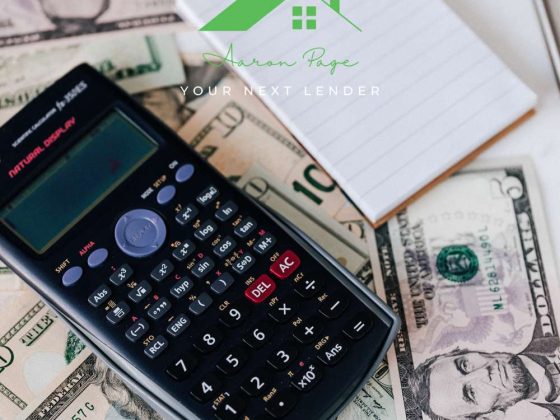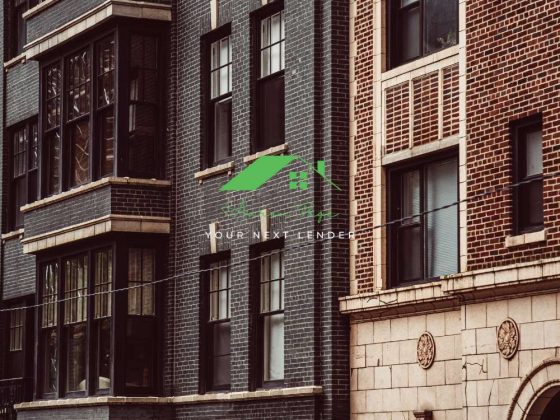Hey there, home-owners and finance enthusiasts! You’ve probably heard of home loans and mortgages (and if you haven’t, you might be living under a rock). But, have you ever heard of reverse mortgages? If that term just made you raise an eyebrow, don’t worry! We’re about to dive into the nitty-gritty of this unique home loan option.
What’s a Reverse Mortgage Anyway?
Imagine your home is a giant piggy bank, filled up with all the money you’ve poured into it over the years. A reverse mortgage is a way of breaking open that piggy bank and using the cash inside.
In more official terms, a reverse mortgage is a type of home loan that lets homeowners convert part of their home equity into cash. The cool (and kinda weird) part is that you don’t need to pay back the loan until you sell the home, move out, or, well, pass away.
How Does It Work?
So, you’re probably wondering, how does this whole reverse mortgage thing work? Good question!
First off, to qualify for a reverse mortgage, you need to be at least 62 years old, and the home must be your primary residence. Also, your home needs to be mostly or entirely paid off.
Once you secure a reverse mortgage, you can choose to receive the funds as a lump sum, monthly payments, or as a line of credit. The amount you can borrow depends on your age, the current interest rate, and the appraised value of your home.
Now, here’s the big catch. As long as you’re living in the home, you don’t need to make any loan payments. But, the interest on the loan accumulates over time, which increases the balance of the loan. When you leave the home, the loan needs to be repaid, typically from the proceeds of selling the house.
Why Would Someone Get a Reverse Mortgage?
You might be thinking, “Why on earth would someone want to do this?” Well, reverse mortgages can actually be a useful tool in some situations.
A reverse mortgage could provide a source of income for homeowners who are “house-rich but cash-poor.” In other words, people who have a lot of equity in their homes but not a lot of liquid assets. This is especially common among retirees who might need additional income to cover living expenses or unexpected costs.
Sounds Good, But What’s the Catch?
Like any financial decision, there are pros and cons to consider. The main downside is that a reverse mortgage can eat into the equity you’ve built in your home. So if you’re hoping to leave your home to your kids, for example, they would need to repay the reverse mortgage (likely by selling the home) or refinance it into a traditional mortgage.
There can also be hefty fees involved, and reverse mortgages can affect your eligibility for state or federal government assistance programs.
So, Should I Get One?
Whether a reverse mortgage is a good idea or not really depends on your situation. It’s important to chat with a trusted financial advisor or broker who can help you navigate this decision. Remember, you’re potentially putting your most significant asset on the line, so it’s crucial to understand all the ins and outs.
And that’s a wrap on reverse mortgages! While they might sound a little topsy-turvy, they can be a helpful financial tool for some homeowners. Just remember, in the world of home loans and mortgages, knowledge is power. So keep asking questions, keep learning, and you’ll be navigating the financial seas like a pro in no time. Happy home-owning!




